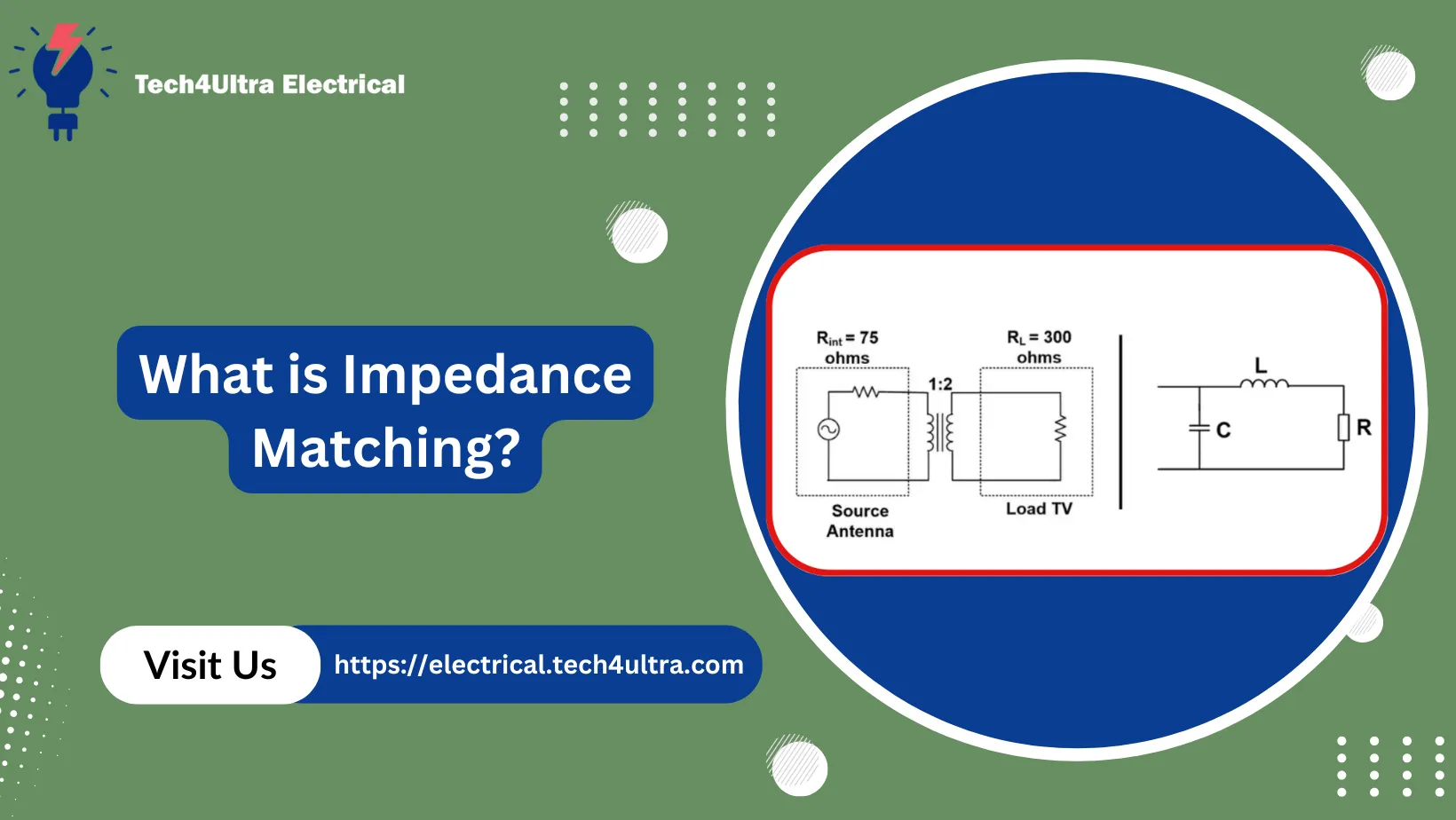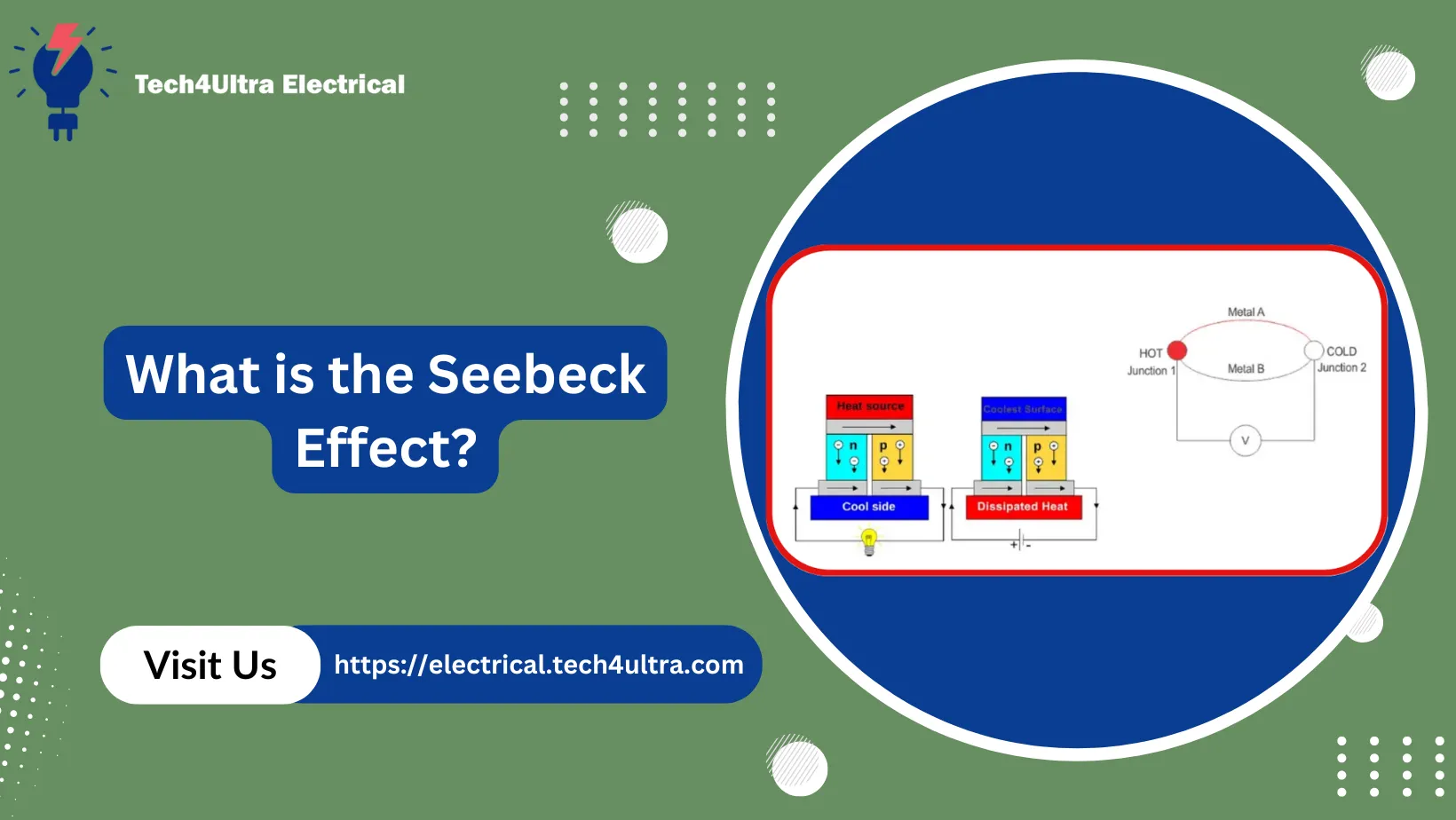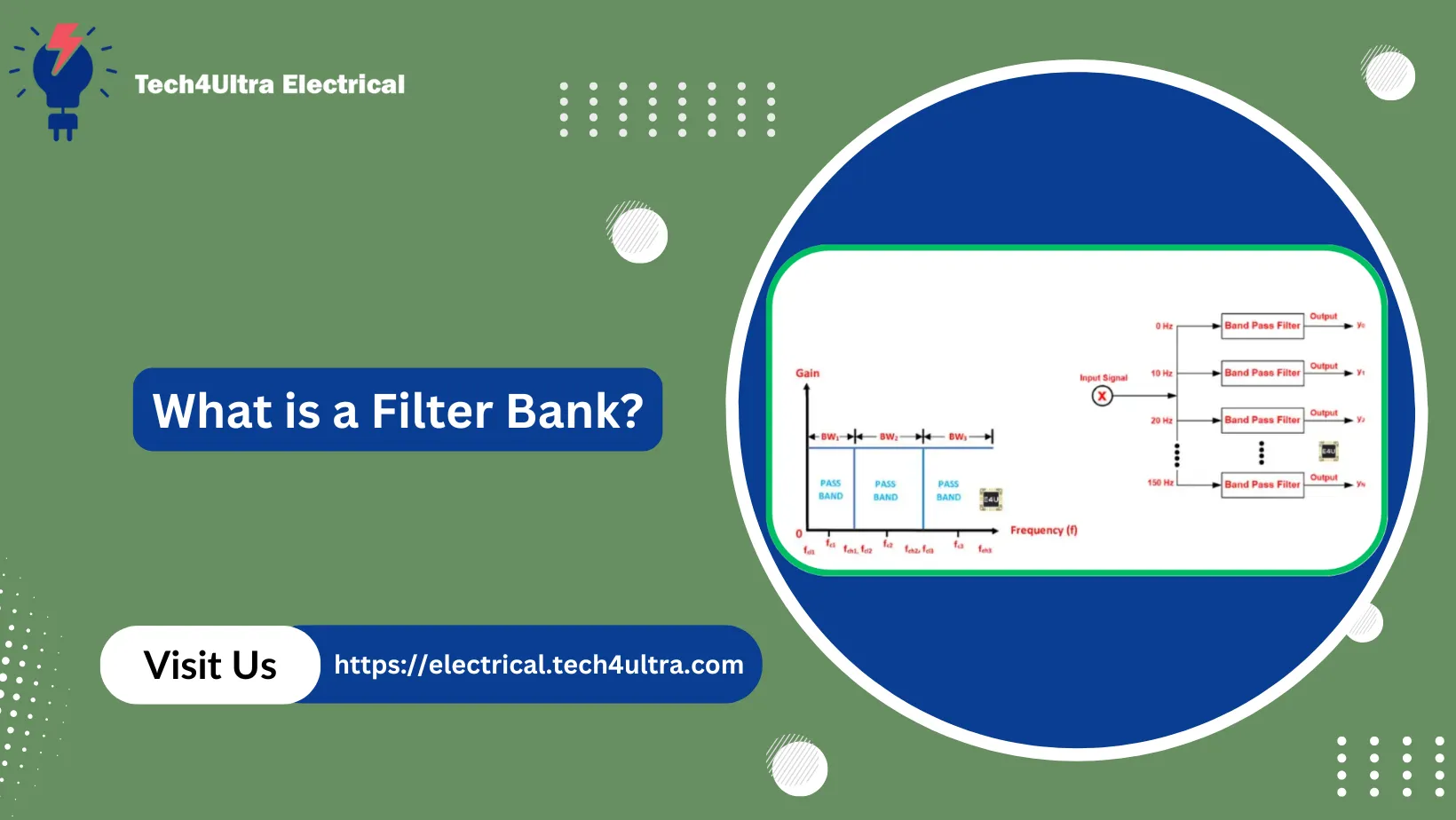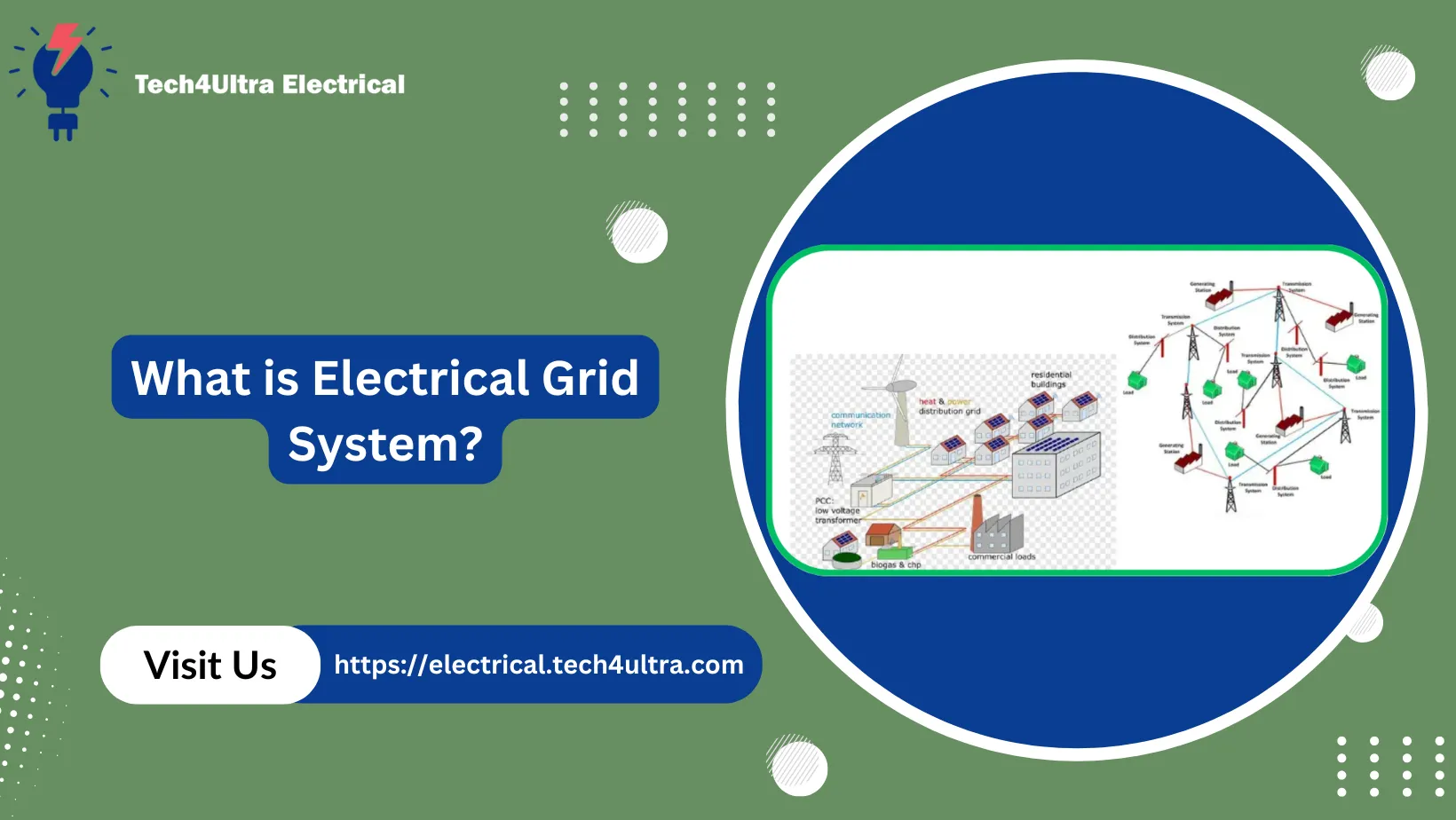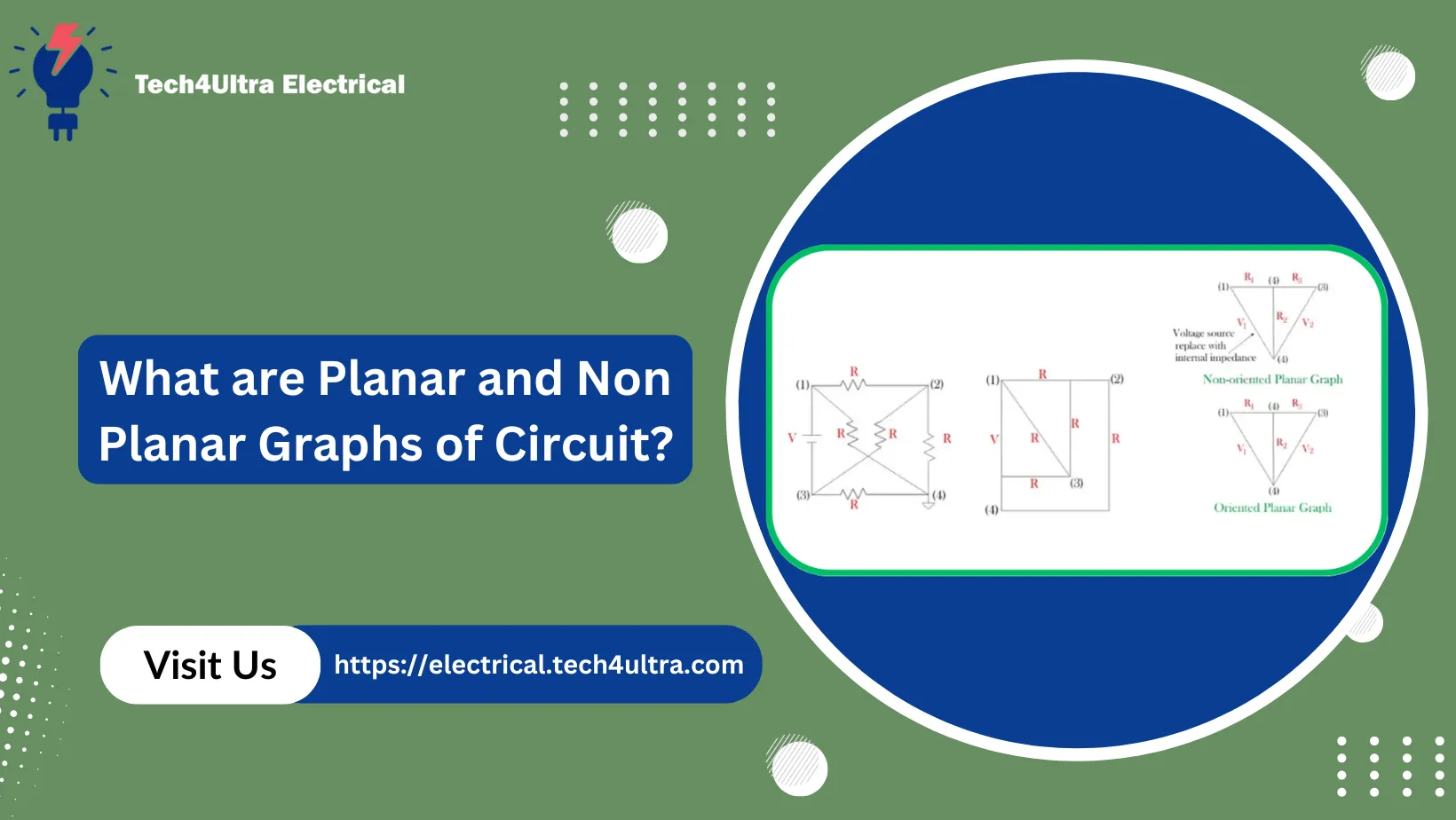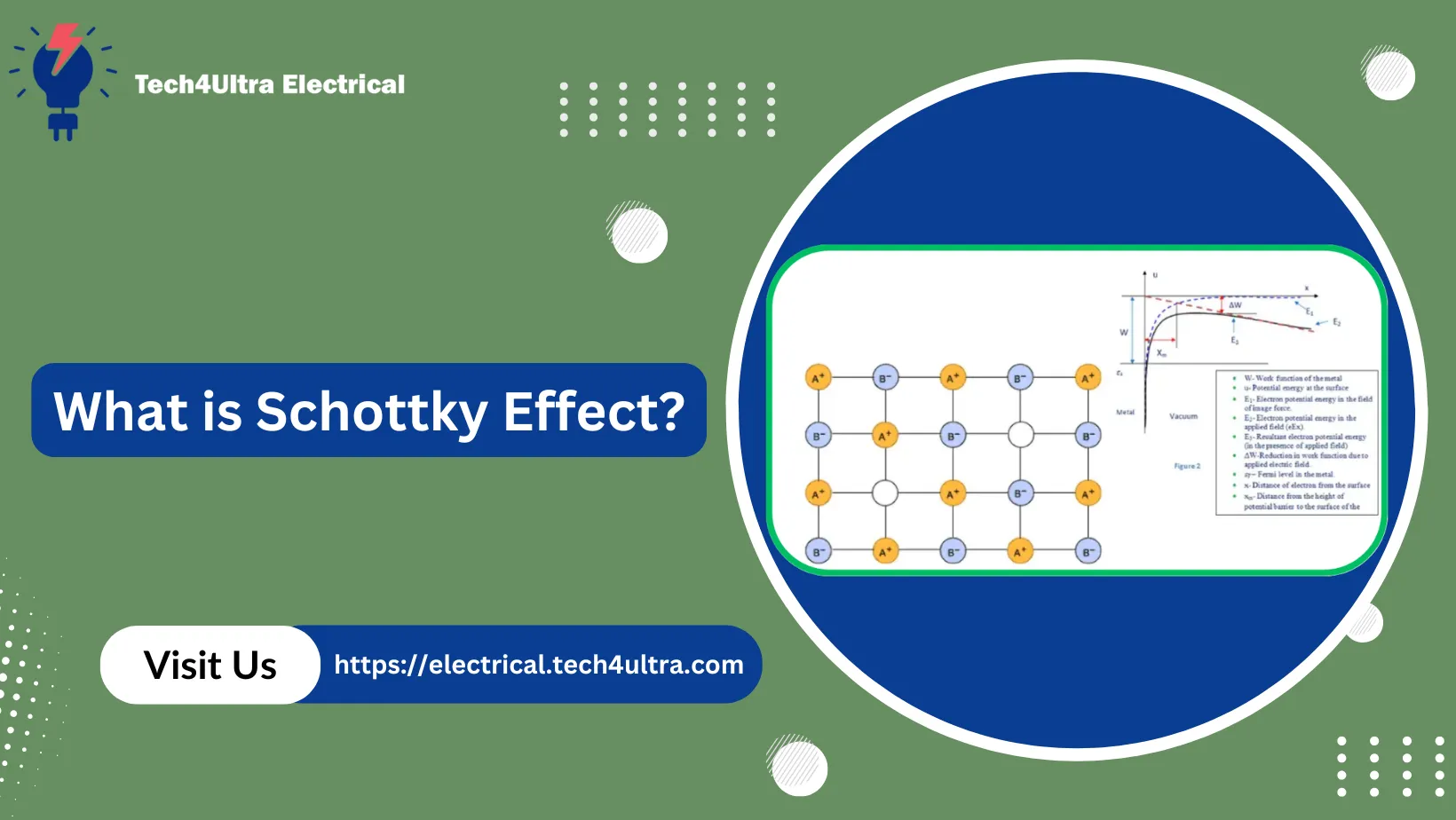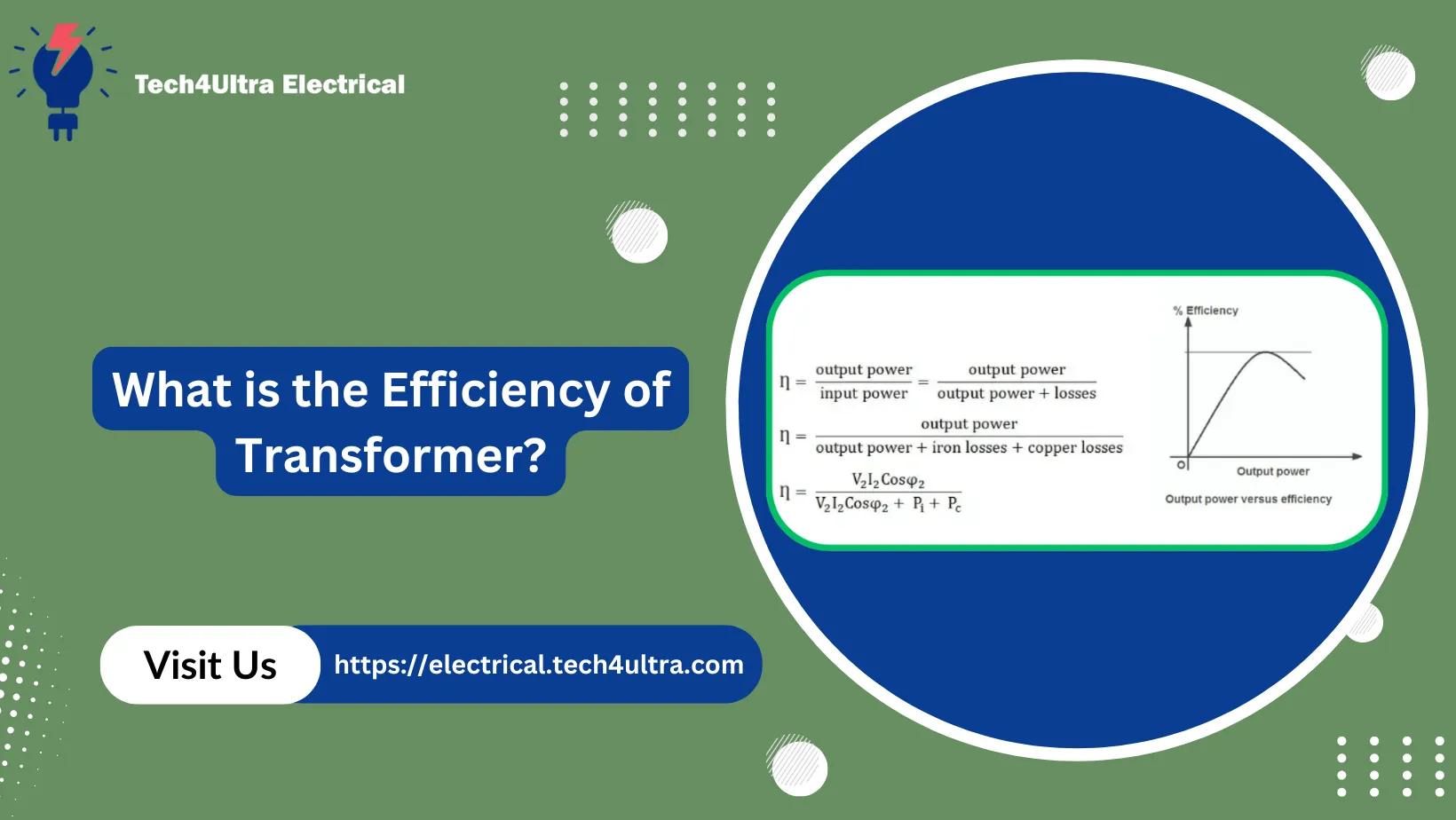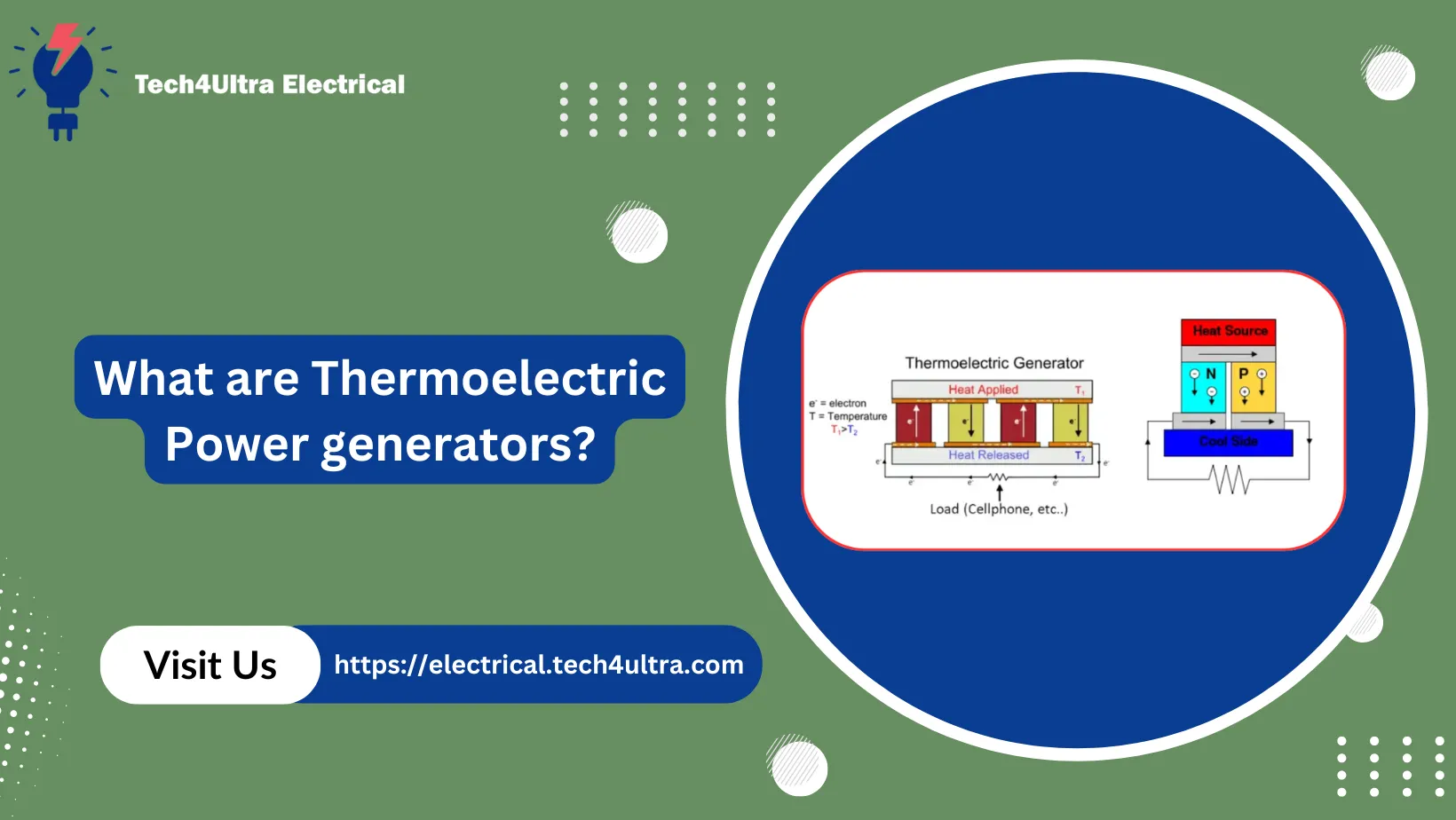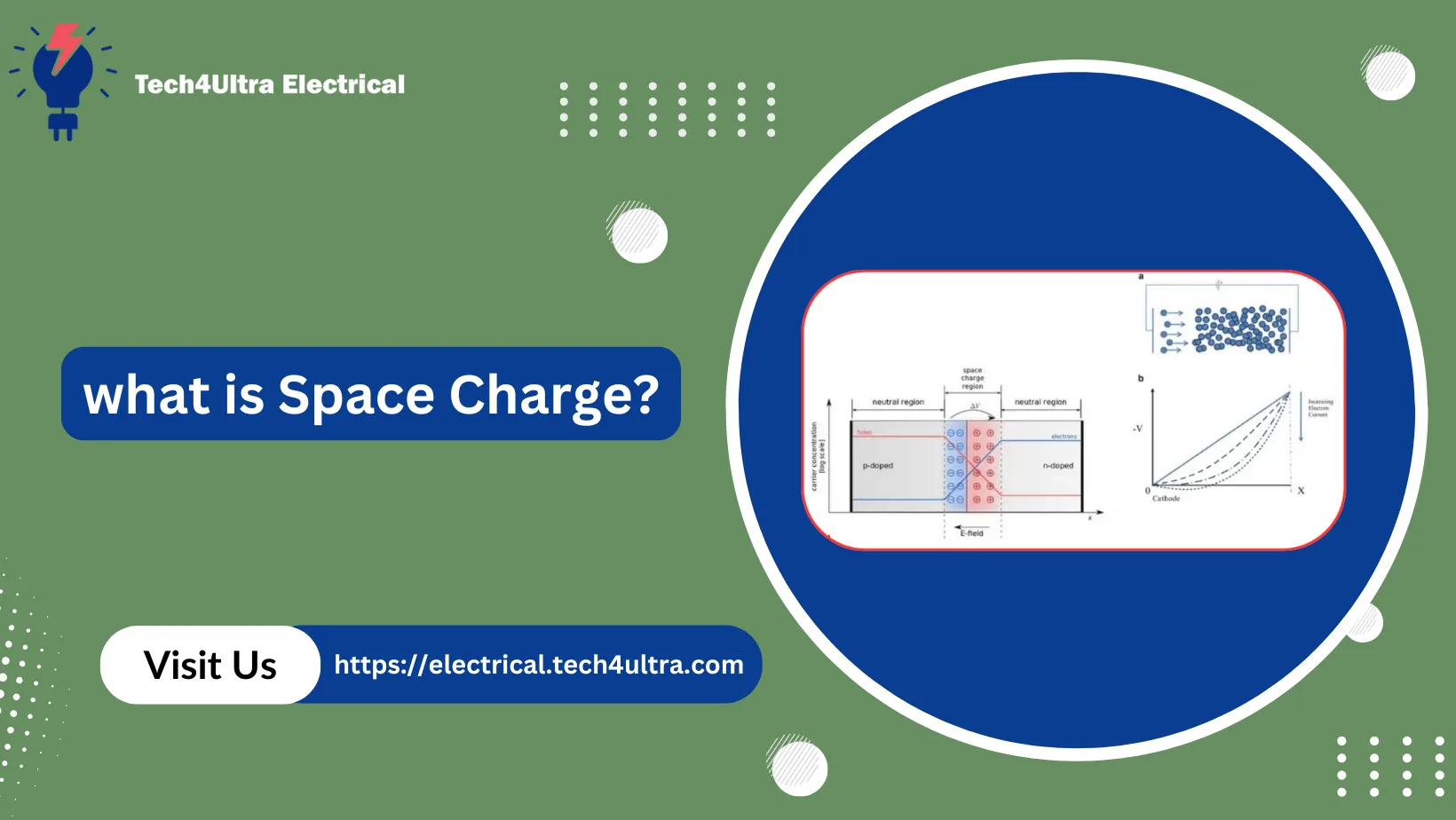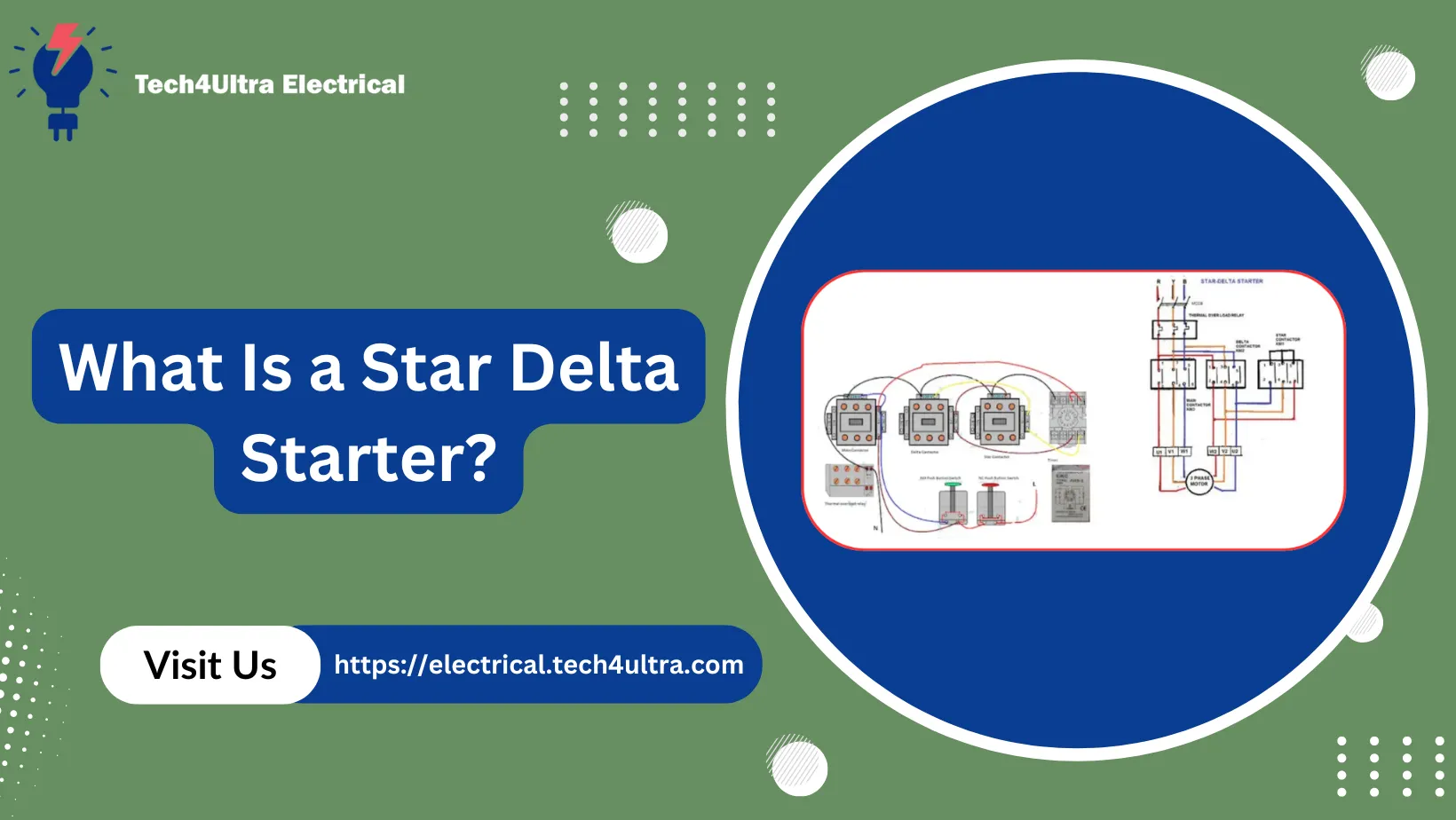Impedance Matching Explained: Techniques, Formulas, and Real-World Applications
Have you ever noticed that your electronic system isn’t performing at its best—even though all components seem perfectly functional? The issue often lies in something simple but frequently overlooked: impedance matching. Ignoring this crucial factor can lead to signal loss, distortion, or poor power transfer. In this article on the Tech4Ultra Electrical website, you’ll learn

